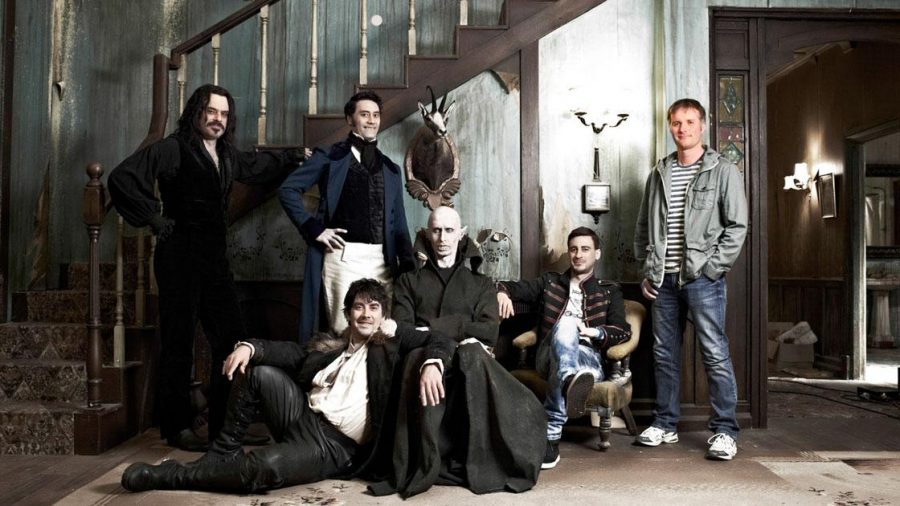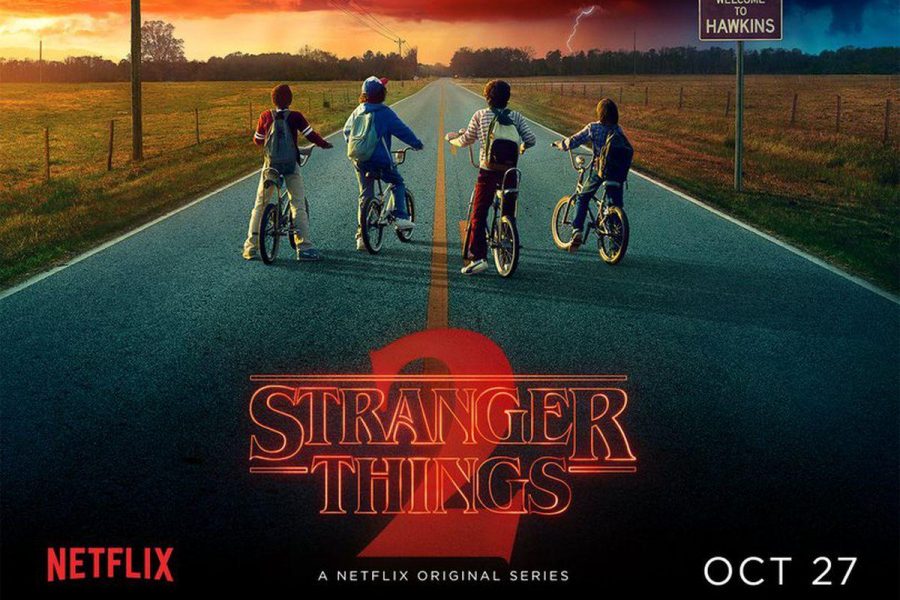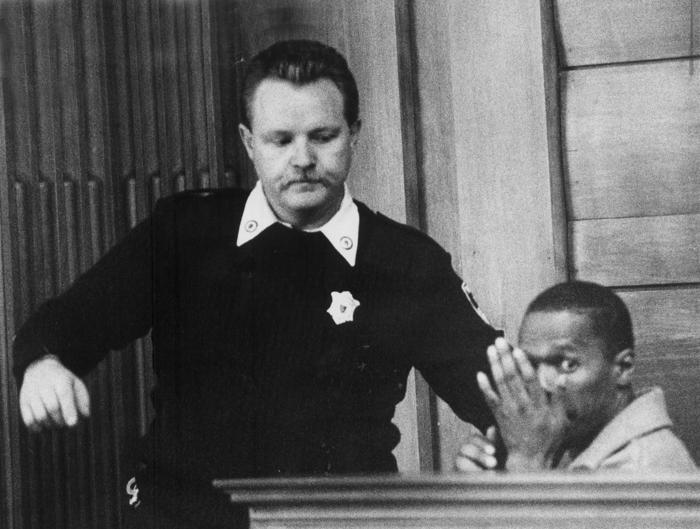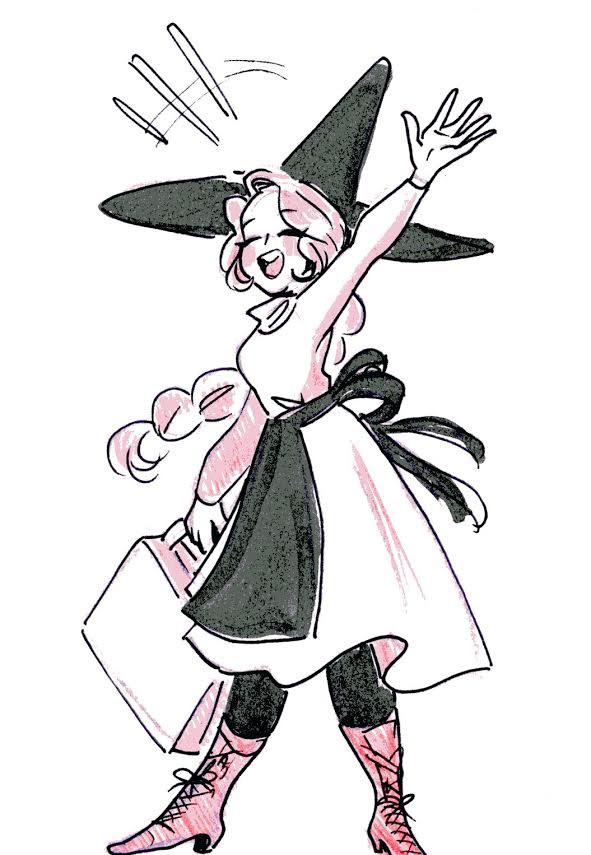[youtube=http://www.youtube.com/watch?v=EgMGU2E8g2Y&w=420&h=315]
By Alison Berstein
Staff Writer
An extremely full house packed into the Linda K. Paresky Center on Thursday evening to see Marjane Satrapi, author of the graphic novel-turned-movie “Persepolis.”
Audience members clutched copies of the book, eagerly awaiting signatures.
“To say the least, she is a multitalented, fearless artist who is not afraid to take on new media,” said communications professor Judith Richland, whose Diversity in Film Genres project screens movies by international filmmakers like Satrapi.
Richland cited Satrapi’s “courageous struggles” and way she “bravely speaks out about human rights.”
Persepolis is an autobiographical graphic novel of Satrapi’s childhood during the Islamic Revolution of 1978-79, after which the Islamic Republic of Iran was established.
The book was written in 2000 and was adapted into an award-winning film in 2007.
“I was sick to see how the news can make a whole population reduced to some abstract notion,” Satrapi said of her motivation to write. “The story I want to say is just look at me as a person, as a human being. Just stop calling me Third World Muslim. I don’t allow myself to do that to you.
“I know this whole clash of the culture does not exist,” she said. “Culture is like the ring of the same chain. It doesn’t stop.
“What is it about north and south, east and west? Somebody has to explain to me, because the earth is round,” she continued.
Katie Conboy, Provost, introduced Satrapi’s appearance as the first installment in what she calls the “The Provost Contemporary Conversation Series.”
“I have been trying to book Marjane to speak for ten years,” said Conboy, who has made efforts to schedule Satrapi to speak at several institutions. “When I learned I could potentially bring her to Simmons, I jumped on it.”
While Conboy did not have a specific event planned at the time, she wanted to bring Satrapi to Simmons.
“People just jumped right in,” she said of the faculty support.
The event was co-sponsored by the Communications Department and the Provost.
Simmons junior Eva Anner was thankful for this opportunity. “I’ve read the book a thousand times and I was really excited to finally be able to see her in person,” Anner said.
Originally written in French, “Persepolis” was adapted into an acclaimed film that tied for Jury Prize in the 2007 Cannes Film Festival. The film was named one of the top 10 movies of 2007 by Time and was shown at multiple film festivals.
“My motive for telling my story was anger,” Satrapi disclosed. “I was very angry. When we are angry, we don’t think anymore. We start using the same weapons as the ones we dislike.”
To combat the anger, Satrapi used humor in her story.
“Life is not made 100 percent of sufferance,” she said. “The comics give me the possibility to use humor. I wanted a smile while doing it.
“Laughter is something extremely abstract,” she said. “We cry for the same thing. But do we laugh for the same reasons? Absolutely not.”
Satrapi called humor a “matter of intelligence.”
“We have to die. We are aware of that. We lose everything. So how to be extremely happy?” she questioned.
“The best way to deal with sufferance is to make jokes. If we cannot laugh, then we have to die.”
Satrapi initially had conflicted feelings about making a movie.
“I really wanted the experience but I was scared to make a bad thing,” she said. “It was like I had to dive into the ocean not knowing how to swim.”
Over the two years it took to make the movie, Satrapi followed what she called her ‘Jiminy Cricket’ voice that gave her an appreciation of the moviemaking process.
“Little by little I realized these people are here to make a project together,” said Satrapi, who co-directed the movie. “They are bringing all their talent, heart. It gives another dimension.”
“The beauty of the cinema is that the actor brings it even further,” she said. “I have an actor that is much greater than my mind.”
“It’s quite something,” she said of the cinema. “The effect that it makes on me is like nothing else.”
In addition to “Persepolis,” Satrapi is the author of “Chicken with Plums” (2004), which depicts the loss of rich Persian culture under an oppressive Iranian government. She also wrote “Embroideries” (2010), which captures the sex lives of Iranian women.
Satrapi is directing an upcoming psychological thriller film entitled “The Voices.”
“I’m not a historian, not at all. I’m just a person that is born in country in a certain time,” she said.
“We have to ask ourselves the right questions,” she said of the writing process. “Why is it things turn bad? All these whys, these are the questions I as a writer have to ask.”
“I wrote this book for somebody to read and say, ‘That could have been me.’”
Satrapi said that she writes to combat ignorance, which she calls a “human speciality.”
“Ignorance makes us fanatics,” she said. “The more ignorant we are, the more convinced we are.
“There is division in the world, but it’s not north and south, east and west. It’s between fanatics and the rest of the people,” she continued.
Satrapi said that fanatics play with emotions. “We shouldn’t be scared of them.
“No matter what they tell you, please always listen to what you think is right,” she addressed to the audience. “Think by your own brain, what is right for you.”
“The misdoings of one guy, a whole country cannot be judged,” she said. “The people you’re talking about, they’re human beings just like you.
“We are so much connected to each other. We are so much one. We are human beings after all.”
Satrapi was surprised by the strong reaction her work elicited from readers.
“I was sure it would never work, no one would buy it,” she admitted. “I’m just me.”
Satrapi spoke about a time when, after giving a speech in Texas, she was approached by a man from Arkansas who said he related to her story.
“I never thought that I would be published, that it would be taught in classes,” Satrapi revealed. “If it makes the connection, if it opens their eyes, that’s enough for me.”
Simmons first-year Autumn Beaudoin admired Satrapi’s honesty in telling her story. “She’s strong,” Beaudoin said. “It’s the honesty that’s empowering.”
“She fills a room,” added Danielle Annecston, first-year.























